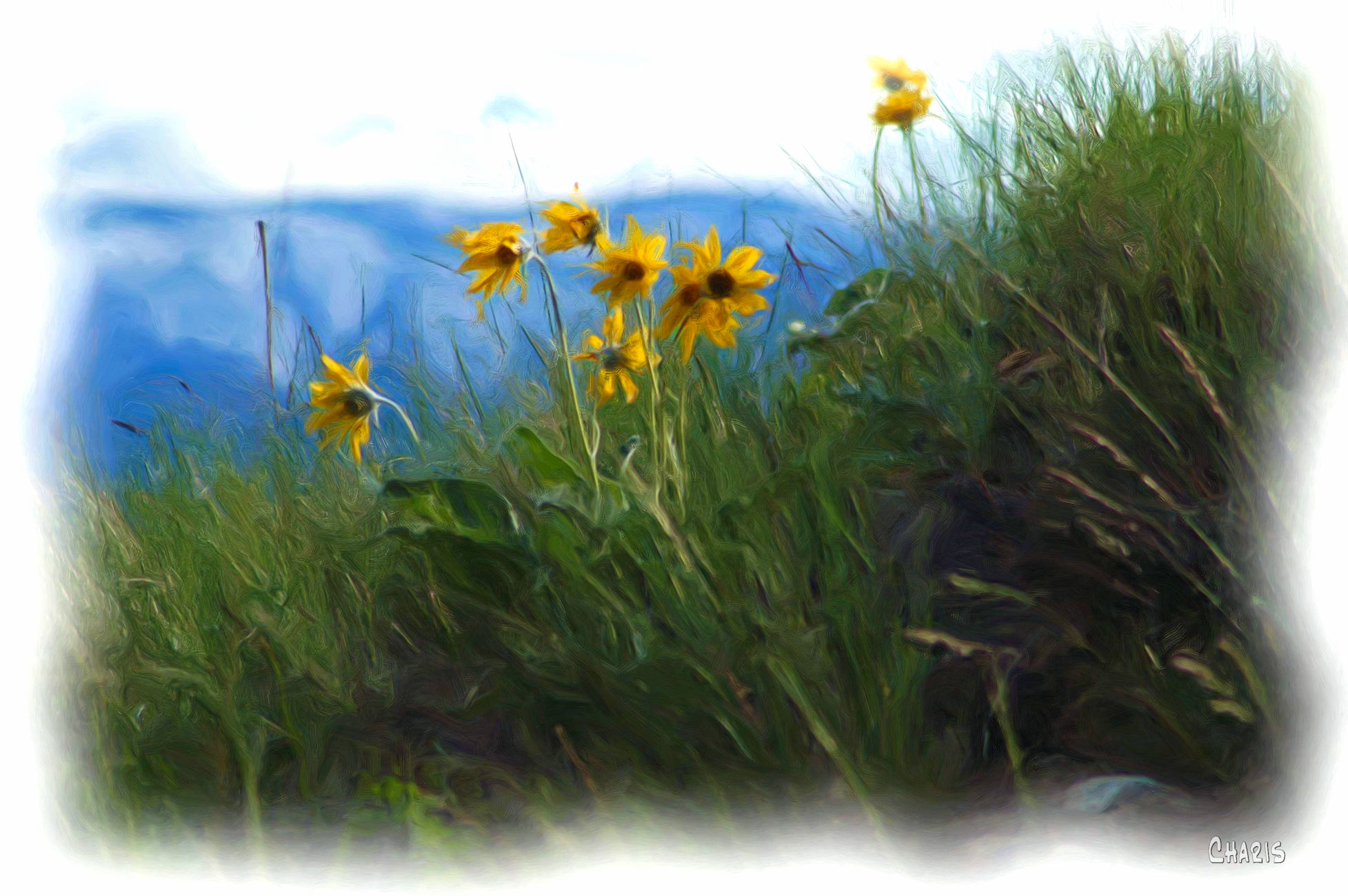
My kids must have seen me coming. They managed to catch the chairlift for one more run down the mountain seconds before I arrived to pick them up from a school activity at the ski hill. At least I got a wave from them as they rose higher. That’s how I ended up sitting in the car with nothing to do for at least another half hour.

I could have taken refuge in the coffee shop, but I didn’t feel like making small talk with anyone I might bump into. My life was falling apart. It was getting harder to fake it.
My identity was built on becoming a successful singer. I mainlined standing ovations. But those tiny membranes that created the sound were not working reliably. I kept getting laryngitis. A rival (with frustratingly robust health) told me that a singer is only as good as her last performance. My last performance was cancelled due to bronchitis. And the one before that. And the one before that. Calls stopped coming.
I tried to be a good mom, but I didn’t know how to do that either. My kids didn’t respond to techniques I read about in books on child rearing. I began to invent privileges just so I had something more to take away as a consequence for poor behaviour. Well, I was going to take you to the circus, but you just blew that.
I tried hard to be a good Christian, but I was tired of never feeling good enough. When I went to church my ears screened out everything but the shoulds. I don’t remember anybody saying it, but somehow, I picked up the idea that I was only as good as my last performance there as well. When my voice gave out while singing a song about love and I realized I had no idea what love was, I left the platform. A few weeks later I quit going to church at all. So much for happiness all the time and wonderful peace of mind. I possessed neither. Life felt like a bleak landscape.

Sitting in the car that snowy day, I saw my Bible rolled up in the back seat where I tossed it a few weeks before. Loose pages fell out of alignment and it had a forlorn sat-upon look. I picked it up and dared God to speak to me. This was a showdown. He was real or he was not.
I opened the book at random. At first I read passages about God being good and never leaving. I shrugged them off. Then I flipped again, like another roll of the dice. This time it fell open to the book of Hosea, the story of a prophet whose life became a picture of God’s feeling toward faithless Israel. Hosea had married a prostitute.
Suddenly, I felt something different than I had felt before. It was a strong sense that what I was about to read would mark a moment when my life would begin to change. I can’t explain the feeling except to say that I knew God was there and he was tender and terrifying. I wanted to cling and run at the same time.
This is what I read:
“Therefore, behold, I will hedge up her way with thorns,
And I will build a wall against her so that she cannot find her paths.”
And further down the page:
“Therefore, behold, I will allure her,
Bring her into the wilderness
And speak kindly to her.”
I thought God only spoke when he was about to smite something.
“Then I will give her her vineyards from there,
And the valley of Achor as a door of hope.”
I needed hope.
“And she will sing there as in the days of her youth,
As in the day when she came up from the land of Egypt.”
Sing again?
“It will come about in that day,” declares the LORD,
“That you will call Me Ishi
And will no longer call Me Baali…
I will betroth you to Me forever;
Yes, I will betroth you to Me in righteousness and in justice,
In lovingkindness and in compassion,
And I will betroth you to Me in faithfulness.
Then you will know the LORD.”
I admitted I didn’t know him, not like this. Later, at home, I looked up Achor. It means trouble. The valley of trouble as a door of hope? That didn’t sound good, but I knew God was somehow in this.
The valley of Achor for me was depression. I couldn’t sleep. I couldn’t concentrate. I lost confidence. Memories of my unexamined history surfaced and shook my world.
It’s hard to see things we don’t want to see. My escape routes were “hedged up.” I wandered in a bewildering wilderness resisting God’s help, trying to fix things myself.

I had believed lies that led to self-loathing and insecurity. I had turned to forms of comfort that would have destroyed me eventually. I was headed in a direction that could have caused great pain for more people than myself. Even though striving and busyness look good and are admired in our culture, they separated me from God.
Trouble forced me to let go of my image of God as an impossible to please old grump. I gradually let go of my image of myself as a stressed-out performer trying to placate God and everyone else to earn a place in this world.
Grace took the form of trouble. Without it, the door of hope would have remained closed. I had to let go of the old ideas before I could hold on to new revelation and walk through that door into a life of faith.
In the place of isolation, in my wilderness season, cut off from my usual escapes of busyness and performance, I began to hear the Voice of love. Words bringing condemnation, anger and disapproval didn’t come from him. I began to understand that even if I never did another thing to try to win his favour, nothing would change his for love me. I experienced his kindness in this drastic intervention.

He allured me. He became my Ishi — hero husband, instead of my Baali –- master overlord. I sang to him in response to his singing to me. It was like he hit the restart button and my life began anew.

I’m writing about this experience now, because I see so many people who find themselves in a fear-filled wilderness of isolation due to restrictions around covid-19. I know what it is like to be unable to turn to the usual distraction of constant occupation or watch things I worked so hard to accomplish fall apart. I recognize the silent questions. This sudden massive interruption of the world shakes our assumptions about how life works.
This atmosphere feels familiar. I recognize the finger of God about to hit the restart button. Some people are in a place to examine the previously unexamined and meet God for who he really is for the first time. Others will hear the faint sound of an invitation to return to what they knew from the start. Others will encounter opportunities to step into greater adventures with the Creator.

These are troubled times, but these are also times of enormous hope for a deeper relationship with the Lover of our soul. He cares enough to use something the enemy of our souls meant for evil for good. He intervenes to say stop. He has so much more empowering grace for us to receive.
When God gave a promise through the prophet Jeremiah to people taken captive by trouble, he wasn’t offering a feel-good quick fix. He was talking about starting a process and a journey that would thoroughly change them and their values. Trouble would be an agent to give them a future and a hope.
Are you in that place? Stop. Wait. Listen. Be still until you have a better sense of who God is. Let his voice allure you. This could be your opportunity to start again.
“For I know the plans I have for you,” declares the Lord, “plans to prosper you and not to harm you, plans to give you hope and a future.” (Jeremiah 29:11 NIV)




















